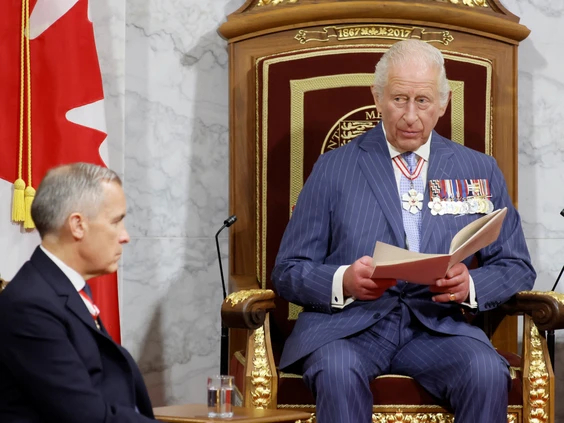As Mark Carney continues to emerge as a key player in Canada’s political and financial landscape, he’s also drawing renewed scrutiny. Critics say Mark Carney’s globalism is out of step with the current economic realities faced by ordinary Canadians.
His recent speeches and policy commentary have sparked debate over whether global economic frameworks still serve national interests in a time of inflation, populism, and shifting alliances.
Critics Question Carney’s Vision
Too Global, Not Enough Local?
Detractors argue that Carney’s approach favors international institutions and climate finance initiatives over domestic priorities like affordability, energy access, and job security. Some commentators believe this makes him disconnected from average Canadian voters, particularly outside of major urban centres.
Political Signals Raise Eyebrows
While Carney has not confirmed any political ambitions, his increasing visibility in public forums, think tanks, and international events has led to speculation about a future leadership bid or party involvement. Critics say his background—working with the Bank of England and global financial bodies—may not resonate with a domestic electorate that’s growing skeptical of globalization.
Supporters Say Global Perspective Is an Asset
Carney’s defenders argue that his global insight is exactly what Canada needs to navigate a complex world. They highlight his expertise in climate risk, central banking, and sustainable finance as critical for Canada’s future competitiveness and financial stability.
Still, critics maintain that a “Canada-first” approach is what’s needed during times of rising economic pressure and political polarization.
Conclusion: Debate Reflects Larger Political Shift
The Mark Carney globalism criticism signals a deeper political divide emerging in Canada. As the country heads into the next federal election cycle, debates over globalism vs. national focus are likely to grow louder—especially with influential voices like Carney’s in the mix.







